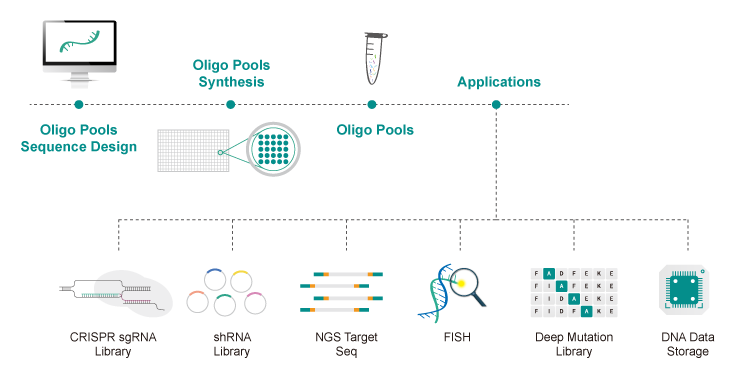
In recent years, the field of synthetic biology has witnessed an exponential growth, with a staggering 30% increase in research publications related to oligonucleotide synthesis. This surge highlights not only the technological advancements but also raises significant legal and regulatory questions surrounding practices such as oligo pool synthesis.
The Framework of Oligo Pool Synthesis
Oligo pool synthesis refers to the simultaneous production of multiple oligonucleotides in a single reaction, enabling researchers to efficiently create diverse genetic constructs. From a legal perspective, this technology operates within a complex framework that encompasses intellectual property rights, biosafety regulations, and compliance with ethical standards. As we navigate these waters, it becomes imperative to consider how these attributes align with broader Ethical Standards and Guidelines that govern biotechnological innovations.
Gene Synthesis: Navigating Ethical Standards and Guidelines

The process of gene synthesis is intricately linked to various ethical considerations that dictate its application in research and industry. Key among these are concerns regarding dual-use technologies—wherein synthesized genes could potentially be misused for harmful purposes. Furthermore, adherence to guidelines set forth by organizations such as the International Society for Bioethics ensures that gene synthesis practices prioritize safety while promoting transparency in reporting outcomes. These ethical frameworks serve as critical checkpoints for ensuring responsible innovation within the realm of oligo pool synthesis.
Synthetic Biology (Synbio) Within Ethical Standards and Guidelines
Synthetic biology (Synbio), which encompasses techniques like oligo pool synthesis, presents unique challenges concerning ethical standards due to its potential impact on ecosystems and human health. The integration of Synbio into existing regulatory structures necessitates rigorous assessment protocols aimed at evaluating risks associated with genetically modified organisms (GMOs). Moreover, international collaborations have led to the establishment of comprehensive guidelines designed to foster responsible scientific conduct while addressing public concerns about biosecurity issues inherent in Synbio applications.
Conclusion
In summary, oligo pool synthesis embodies both innovative potential and intricate legal implications within its operational framework. By adhering strictly to established Ethical Standards and Guidelines—particularly those pertaining to gene synthesis and synthetic biology—we can ensure that this powerful tool is utilized responsibly while mitigating risks associated with misuse or unintended consequences. Thus, ongoing dialogue among stakeholders will be essential for navigating the evolving landscape shaped by advances in biotechnology.

